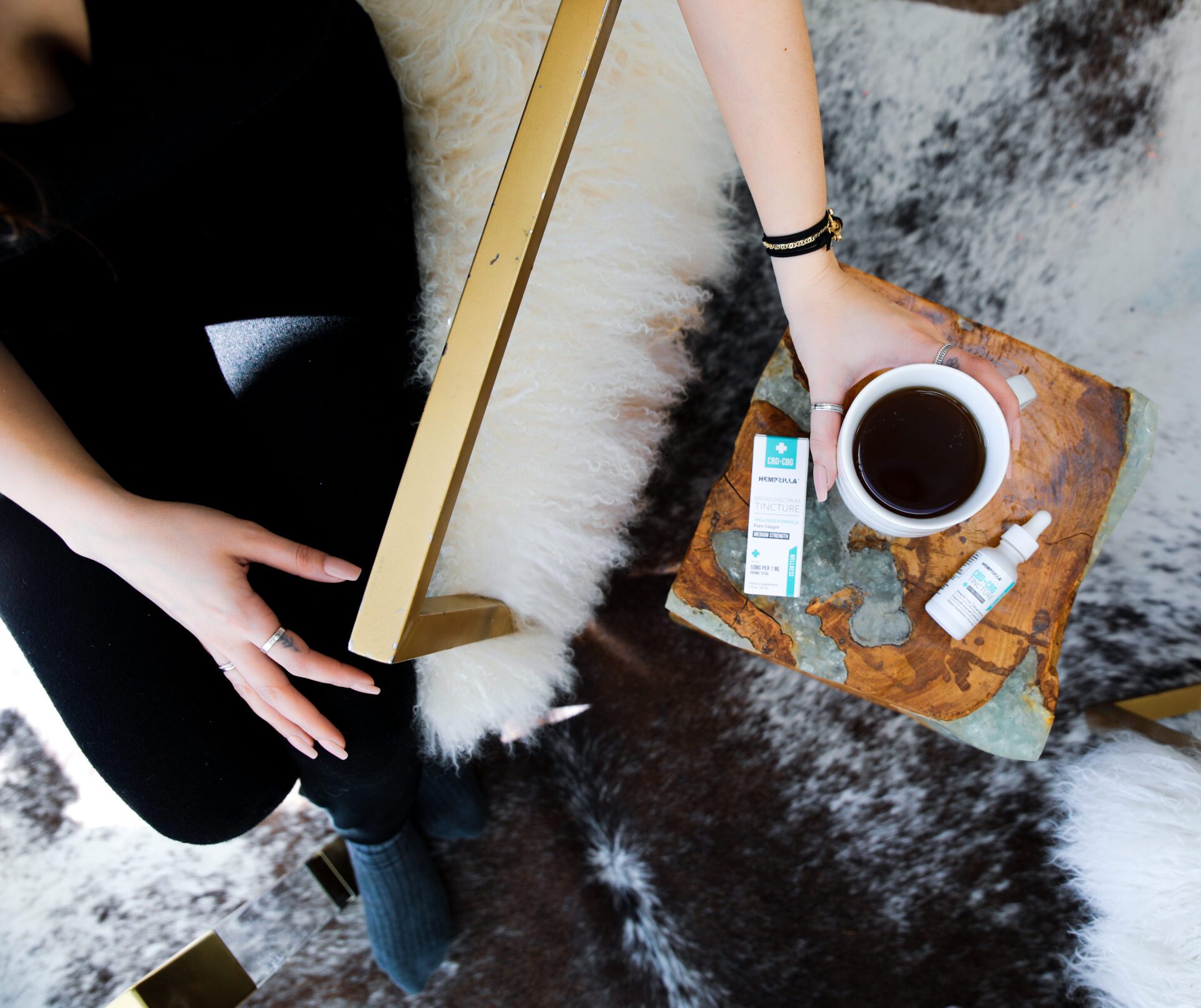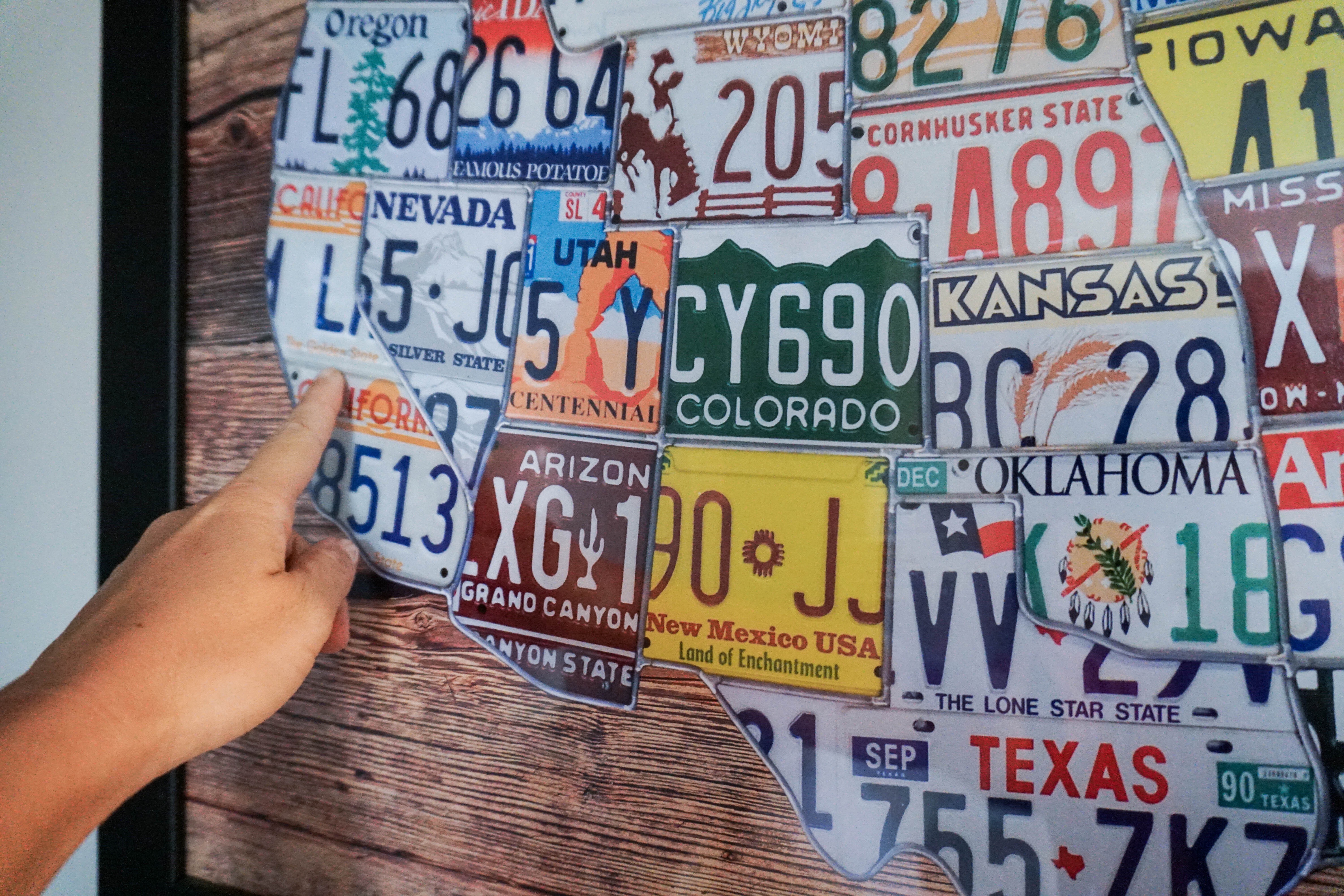Cannabidiol, commonly known as CBD, has quickly become one of the most popular holistic remedies in recent years. But is CBD legal in all 50 states? The answer to this question has been a long-standing debate for many CBD users across America, mainly because the legality of cannabis (or marijuana) and its derivatives (like CBD) can be a confusing realm to navigate.
Cannabidiol, commonly known as CBD, has quickly become one of the most popular holistic remedies in recent years. But is CBD legal in all 50 states? The answer to this question has been a long-standing debate for many CBD users across America, mainly because the legality of cannabis (or marijuana) and its derivatives (like CBD) can be a confusing realm to navigate.
Cannabis has been illegal for decades, but there is a lot of pressure to legalize it across the country. We are now beginning to see the push for legality pay off, with more states welcoming the idea of dispensaries.
When it comes to the legality of CBD, it’s important to remember that even though CBD may not be federally regulated, each individual state has their own laws and regulations on what substances are considered legal versus illegal.
To ensure you’re staying within the law while using CBD products, we’ve broken the status of all 50 states, so you have all the info needed to know if CBD is legal where you live!
What is CBD?
CBD, short for cannabidiol, is a cannabinoid compound found in the cannabis plant. Cannabinoids are chemical compounds unique to cannabis that can present several benefits to the body.
Although CBD doesn’t have any psychoactive effects, it does interact with your endocannabinoid system. The endocannabinoid system (ECS) is a vital system in the human body that regulates certain systems and functions in the body. Examples include maintaining homeostasis, regulating mood and sleep, inflammation, appetite, and metabolism. The ECS works because there are cannabinoids produced naturally by the body that activate CB1 and CB2 receptors throughout the body. Similarly, cannabinoids like CBD can bind to such receptors, which then can trigger the ECS.
When it comes to CBD products, CBD can be purchased in many forms including capsules, tinctures, topicals, and smokable products.

CBD and the 2018 Farm Bill
The 2018 Farm Bill has been one of the most monumental legislative moments in recent history, opening a whole new world for hemp and CBD enthusiasts. The passing of this bill officially listed hemp-derived CBD as legal. Due to its THC content being much lower than that found in marijuana (less than 0.3%), it was removed from Schedule I substances and is now federally legalized for all 50 states to use.
Where is CBD legal?
The legality of CBD varies from state to state and is influenced by a variety of factors. This is due in part to the fact that industrial hemp and marijuana have different regulations. Industrial hemp, for example, is legal to grow and distribute in the United States. In contrast, marijuana use is still regulated by many states, although some states are becoming more accepting.
When it comes to states that have legalized the use of marijuana for medicinal purposes, you may wonder is CBD legal in these states as well? In short, yes. Despite having restrictions or bans on marijuana use, all states allow the use of CBD for medicinal and recreational purposes. It’s also important to note that CBD is legal at the federal level, but when it comes to state laws, every state has the right to regulate the use of CBD.
In the next section, we’ll break down the states in which CBD use is “illegal” — and by that, we mean the specific regulations that may inhibit you from purchasing CBD in your state.
Where is CBD illegal?
While all states allow the use of CBD, there is still a handful that restricts its recreational use and has implemented specific rules that local citizens must follow. One example of this is the THC content found in CBD products. For example, some states limit the use of recreational CBD to those that fall below a THC content of 0.3%. On the other hand, some states allow up to 0.9% THC content, but only in CBD products that are intended for medicinal purposes. There are even some states that completely restrict recreational CBD and instead only allow CBD to be sold when it is for medicinal use.
Another unique example of state restrictions can be seen in Wyoming where CBD is legal only when it is derived from hemp and contains less than 0.3% THC. This is because cannabis still maintains its status as a Schedule I drug under the Controlled Substances Act due to its ability to produce psychoactive side effects.
Where can I purchase CBD products in my state?
If CBD is legal for recreational usage in your state, you can find CBD products (those derived from hemp at least) in any local smoke shop, gas station, or health food store that carries CBD products. In the event you can’t get to a shop, most CBD brands are entirely accessible online, you can even purchase your favorite CBD products right from home.
While there’s no one better option over the other, going to your local CBD distributor can offer the perk of personalized customer service to help you choose the right product, strength, or flavor for your needs. Some may even let you sample products to see which you like best before you make your purchase!
In contrast, a brand’s website can offer unique bits of information that a local shop might not be able to. For example, you’ll get a full lineup of honest customer reviews and background information on the brand’s harvesting, production, and manufacturing methods.

Is CBD legal and can I use CBD products?
CBD is a natural supplement that can be used as an alternative to prescription drugs as it is not addictive and won’t get you high. CBD has been touted by users for being able to help with pain relief, anxiety, depression, sleep problems, and other health conditions.
With the passing of the 2018 Farm Bill, CBD was officially removed from the list of Schedule I substances at the federal level. Since then, all 50 states have accepted the use of CBD products for medicinal purposes, while others have also made it legal to purchase for recreational use. Due to the varying state-by-state restrictions, we recommend checking your state’s guidelines before purchasing or ordering any CBD products.
